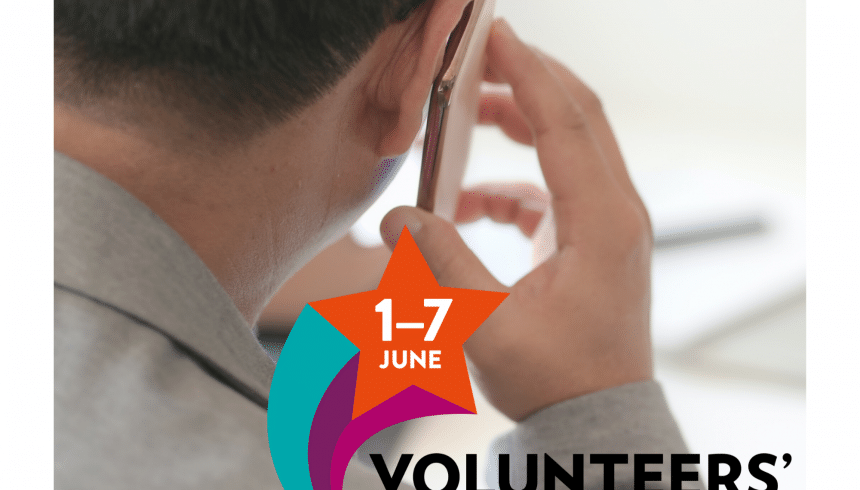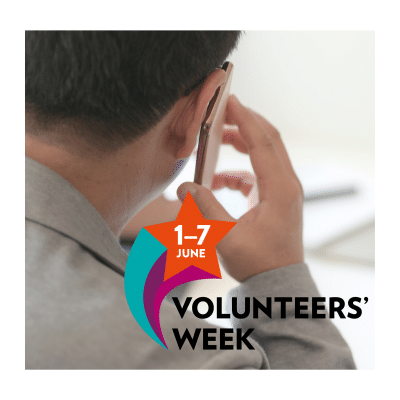I spend much of the week worrying about Thursday. Because that’s the day when I phone a group of people I haven’t met, whose life stories I barely comprehend, and try to be a friend to them.
What chance is there of that? Middle-aged white guy born in Guildford, Surrey, cold calling (for example) a young woman who has fled horrific violence in Afghanistan. We haven’t met, of course, still less spoken, and I may never know much more than her telephone number.
So I sweat and worry about whether I have anything to offer her. At the very least, I don’t want to make her difficult day even worse. If I can think of anything to raise her spirits, that will already be a good result. But what if I can’t think of anything to say?
I know I can talk about what JRS can offer during the lockdown. I could tell her that the organisation can provide a monthly phone top-up, a pre-paid card with a one-off grant, and the occasional food parcel, with toiletries.
‘Can you ask them to put some Weetabix in the next parcel?’, she might ask. I could say I can ask, but JRS is also struggling to cope with the new rules of engagement occasioned by COVID. It’s hard to track the needs and locations of several hundred friends, however much the organisation tries. Yet if we can’t offer a personalised service, surely we are underperforming? These thoughts rattle through my mind.
I look at the list of names – many of which are new to me, a native English speaker – and I wonder which telephone number to call first. They all start, obviously, ’07…’. And what follows ‘07’ is the number unique to him or her, probably provided by Lycamobile or some other temporary sim card provider. Registered (temporarily) to someone from Cameroon, Afghanistan, Bangladesh, Lithuania…
I call Jacob (not his real name). I wait as the dial tones march on, wondering if I’ll get redirected to Jacob’s voicemail.
‘Hello?’, I hear.
I say: it’s Chris from JRS, and introduce myself.
For want of anything else to add, I ask where Jacob is from. ‘Nigeria’ he says.
‘I know some Yoruba!’ I offer, hopefully. (I have been to Nigeria on a couple of occasions in my former career.)
‘For example?’ he asks, curious. And I manage to say the Yoruba for ‘It feels much too cold outside!’ (In fact, it’s a warm day, but I don’t know the Yoruba for ‘hot’.)
Jacob laughs heartily. And so do I. A connection is made. We talk a little more, and wish each other well. I am smiling when I put the phone down, and think Jacob might be smiling as well.
Suddenly, I remember the Yoruba phrase for ‘How are you doing?’. I call him back, and ask him – ‘Bawo ni?’. He laughs again. And I am already looking forward to the next call. I hope he is too.
Read more about how JRS have adapted our services during COVID-19
Find out how you can volunteer with us over the phone



